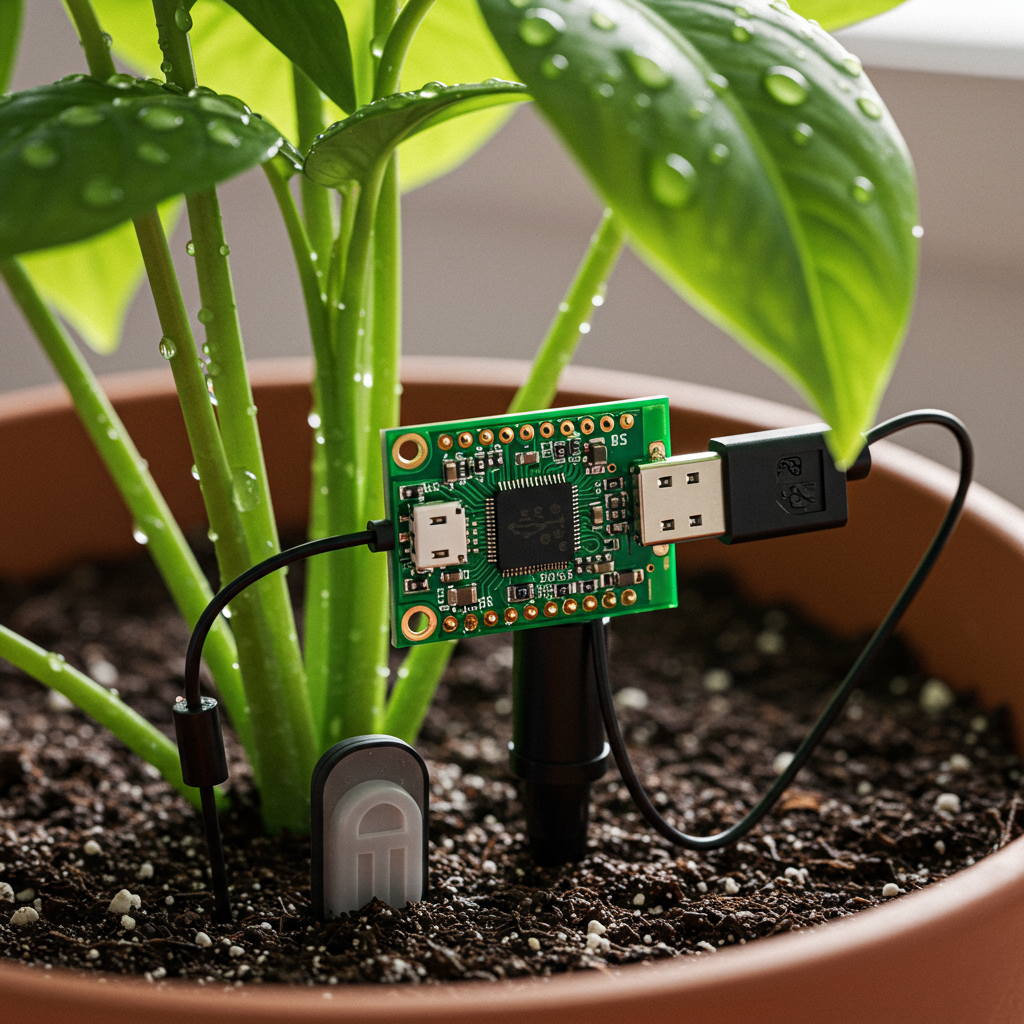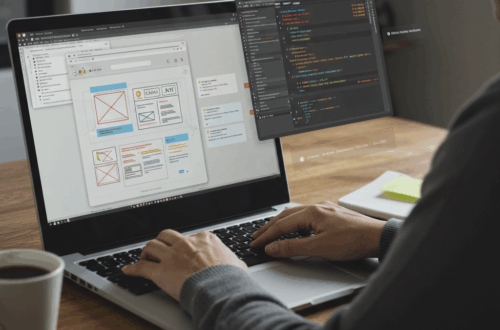Keeping plants alive can be tough. Forgetting to water them is a common culprit. But what if your plants could water themselves? That’s the idea behind this custom-built ESP32-S3 board designed specifically for a battery-powered, WiFi-enabled plant watering system.
The inspiration for this project came from a newly opened MicroCenter and the discovery of the affordable and powerful ESP32 microcontroller family. These tiny chips pack a punch, offering WiFi capabilities and plenty of processing power for various DIY projects. This led to the question: could a custom PCB be designed to make a plant watering system small and battery-powered?
Designing the Board
This project marked a first attempt at designing and assembling a PCB using KiCad, a popular open-source electronics design automation suite. The design process included incorporating features like bevels for aesthetics, notches for zip ties for easy mounting, and a USB-C port for convenient battery recharging. This demonstrates how accessible PCB design has become, even for beginners.
Why the ESP32-S3?
The ESP32-S3 was chosen for its blend of features and low cost. Its built-in WiFi allows for remote monitoring and control, while the low power consumption is ideal for battery operation. This makes it a perfect fit for a project like automated plant watering, where the device needs to operate independently for extended periods.
How It Works
The system works by using a moisture sensor placed in the soil. The sensor readings are then sent to the ESP32-S3. If the soil is too dry, the microcontroller activates a small pump, watering the plant until the moisture level reaches a pre-defined threshold. The system can also connect to WiFi, allowing users to monitor soil moisture levels and control watering schedules remotely.
Building the Future of Plant Care
This project shows how easy it is to create smart, automated systems for everyday tasks like plant care. By combining readily available components like the ESP32-S3 with custom PCB design, the possibilities for DIY projects are endless. Imagine extending this concept to a whole network of plant sensors throughout a home or even a garden, all controlled and monitored from a central hub. This project represents a small step towards a future of more convenient and efficient plant care.






